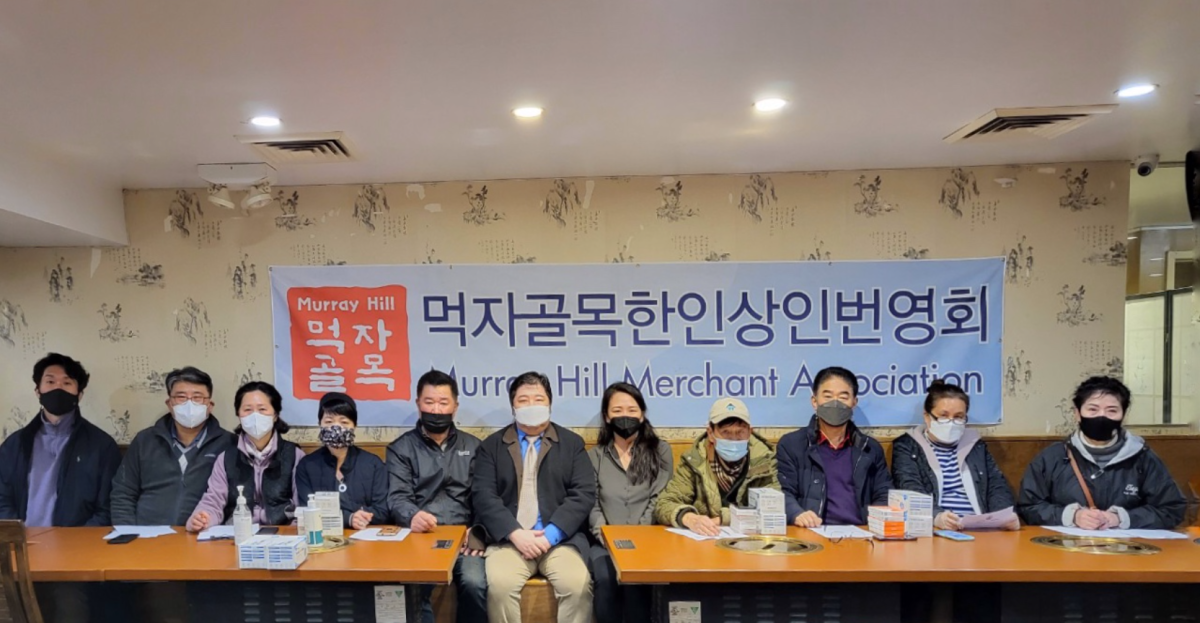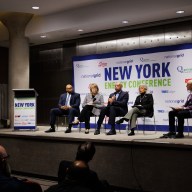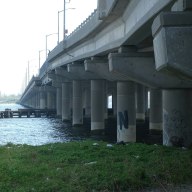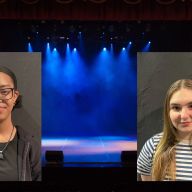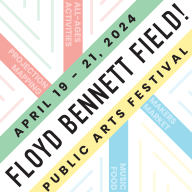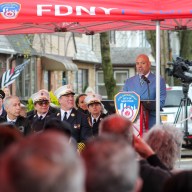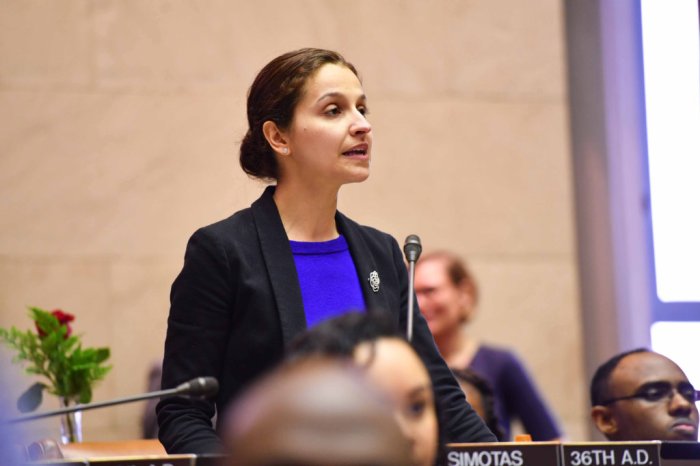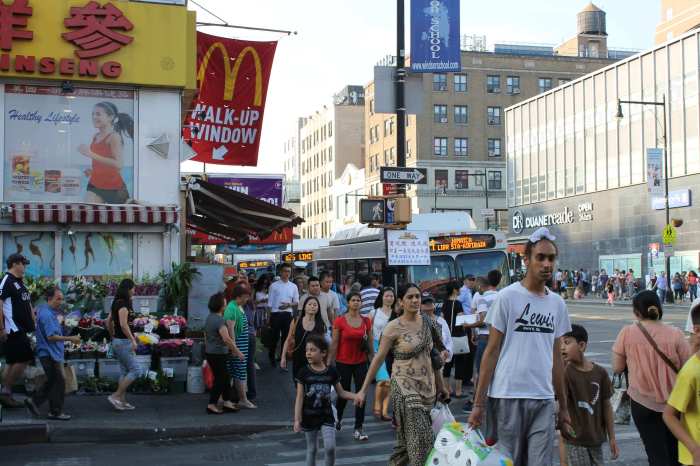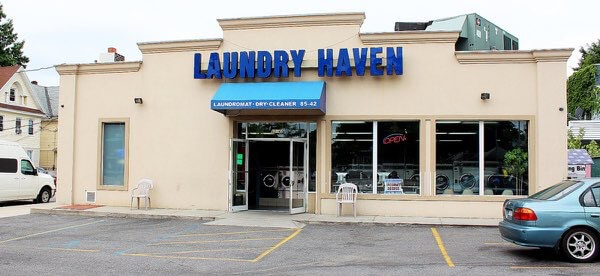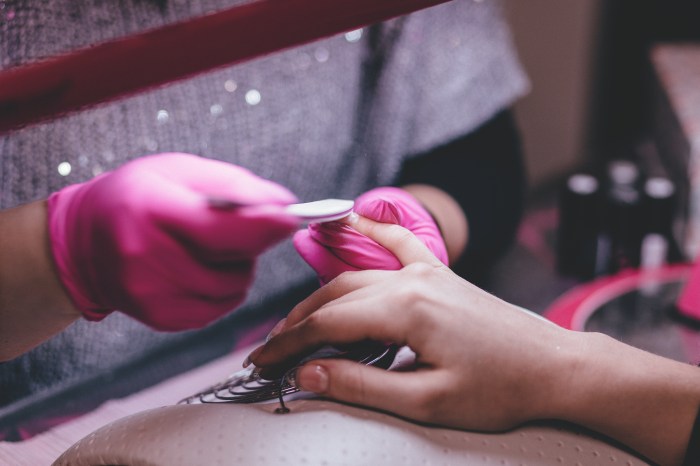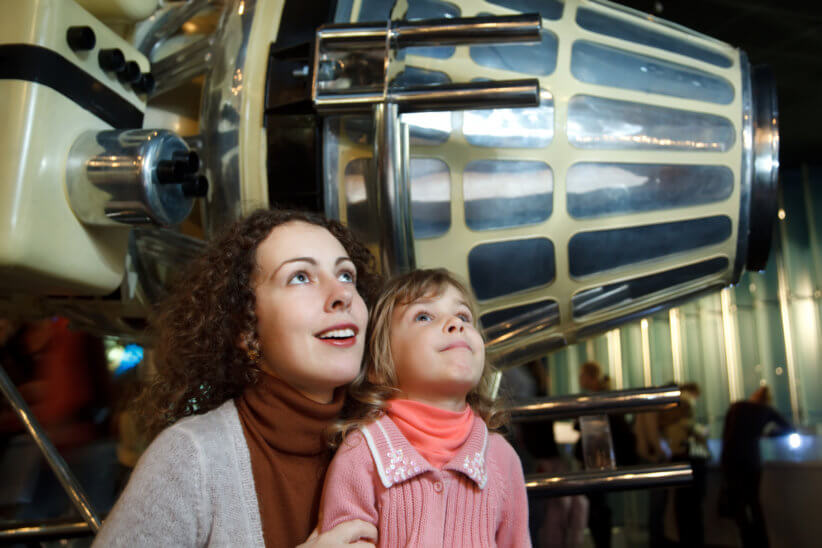The Asian American Federation (AAF) held its first Avenue NYC Commercial District Needs Assessment (CDNA) meeting with members of the Murray Hill Merchants Association of Flushing on Feb. 7 to discuss business owners’ concerns, as it begins the process of revitalizing three commercial corridors in the area.
AAF was selected to receive an Avenue NYC Grant for three years starting in 2022, by the city Department of Small Business Services (SBS). Grantees will be awarded up to $100,000 per year over three years for a maximum possible award of $300,000, according to SBS.
As part of the requirements of the program, AAF began conducting a CDNA in January, and the recent meeting with the Murray Hill Merchants Association was the first in a planned series of events.
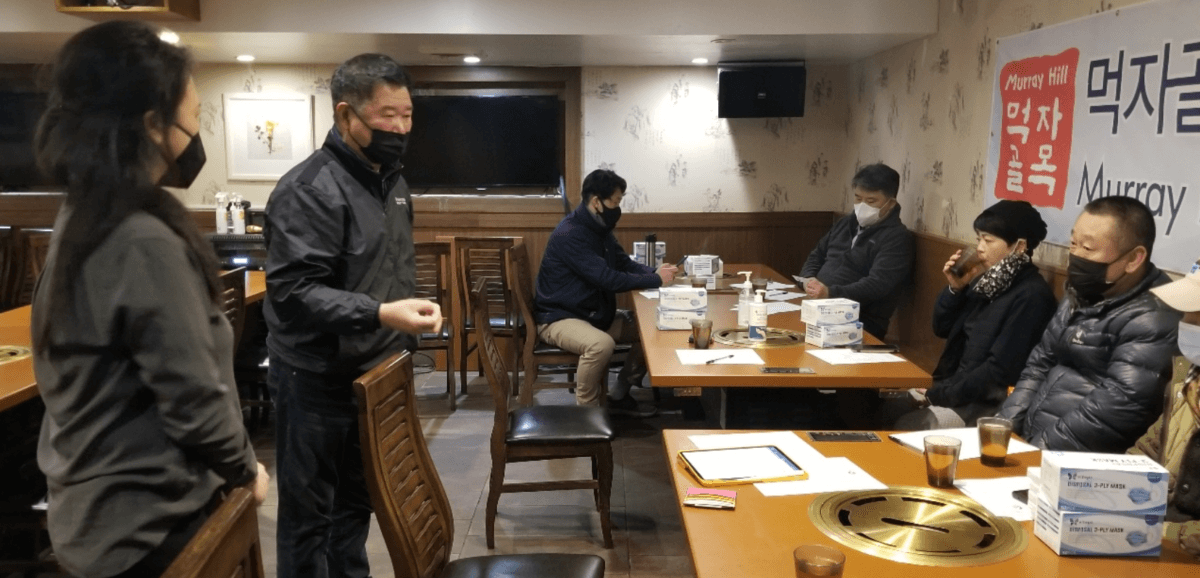
There will be several more opportunities for merchants in the area to provide feedback and participate in the CDNA, said Ahyoung Kim, AAF’s associate director of Small Business Programs.
“We are thrilled to bring this project to Murray Hill, where small business owners have consistently asked for more assistance programs and better avenues to communicate with city agencies,” Kim said. “We thank the SBS for their support in this program, and invite other small business organizations to participate in the merchant survey.”
AAF’s revitalization project includes three commercial corridors in Murray Hill:
- Northern Boulevard: 149th Street to 162nd Street (including Crocheron Avenue between Northern Boulevard and 162nd Street and Depot Road in front of the Broadway LIRR Station)
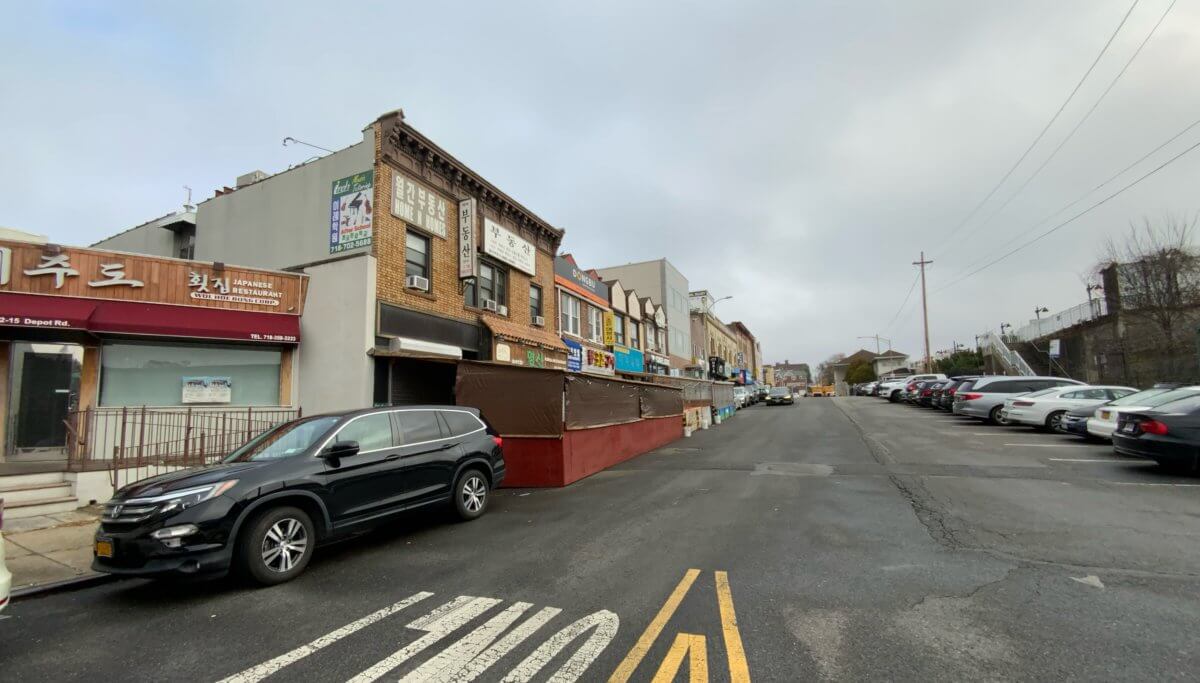
- 162nd Street: Northern Boulevard to 46th Avenue
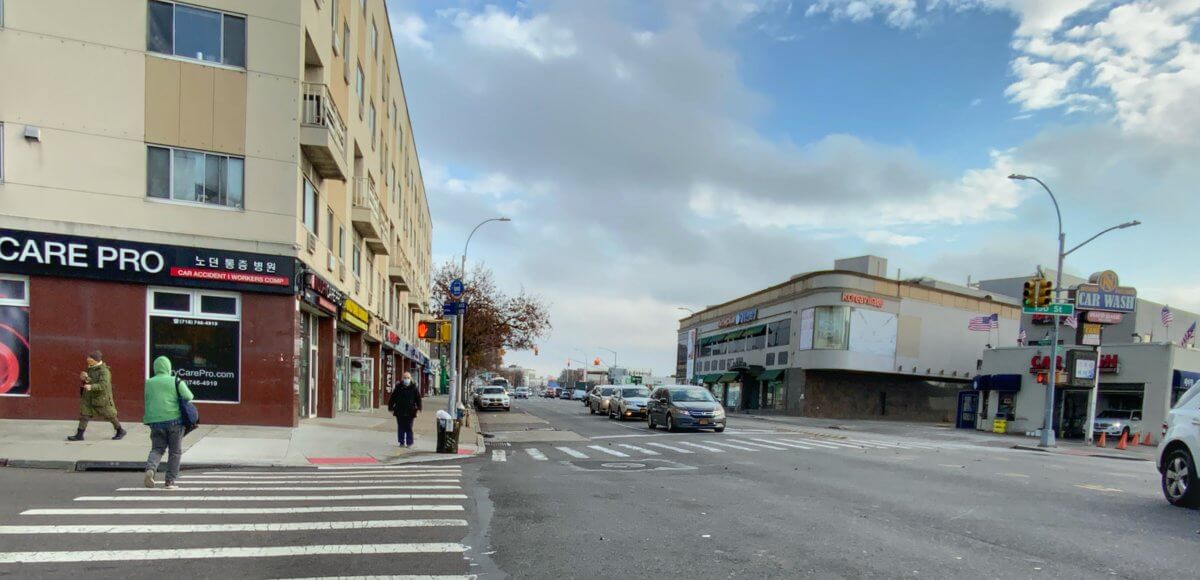
- Near Murray Hill station: 149th Place (Northern Boulevard to 41st Avenue), 150th Street (Northern Boulevard to 41st Avenue), 41st Avenue (149 Street to 150th Street)
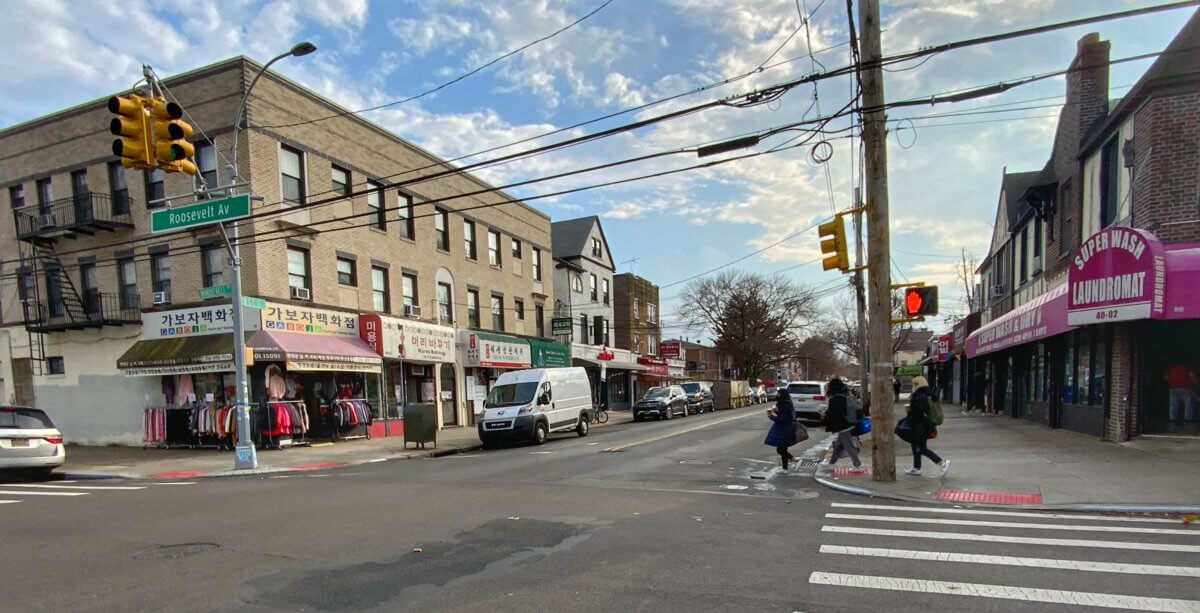
AAF will conduct a consumer survey, a streetscape assessment, such as taking a look at infrastructure on the roads, a storefront assessment to evaluate a storefront’s presentation and welcoming environment for customers and a total count of the storefronts in the area.
During AAF’s Feb. 7 meeting, business owners from 10 restaurants responded to its merchant survey. They shared their concerns about neighborhood safety and regulatory guidance on new programs such as the city’s Open Restaurant program.
Their concerns were centered around an uptick of anti-Asian attacks towards business owners and public safety in general, Kim said, and a recent gunpoint robbery in a deli.
Younghwan Kim, president of the Murray Hill Merchants Association, said their members always have concerns to share but language and cultural barriers have been a challenge for merchant organizing.
“It’s very encouraging to have this opportunity to communicate our needs on the grounds to city agencies and we look forward to working closely with AAF in this commercial district revitalization project,” Kim said.
In the commercial corridor near the LIRR Murray Hill station, which is home to Korean immigrant small business owners, there are about 70 small businesses. Approximately 60% of those businesses are restaurants operating within a five- to six-block radius, according to Kim’s daughter, Yoonjoo Lee, the executive secretary of the Murray Hill Merchants Association and a small business owner.
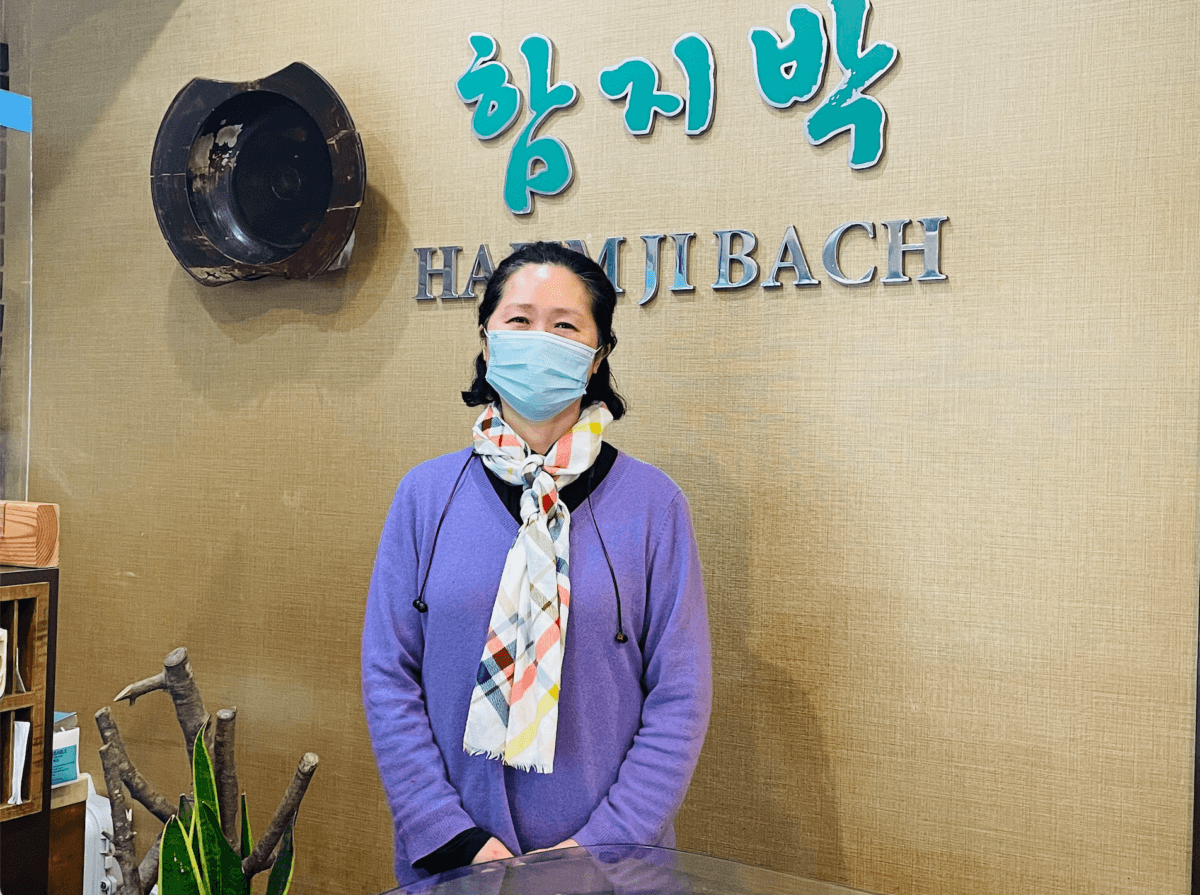
Lee’s family moved to the neighborhood seven years ago to expand their business. She helps her father run their Korean barbecue restaurant, Hahm Ji Bach, located at 40-11 149th Pl., across the street from the train station. Her brother runs a coffee shop around the corner.
Lee is also currently preparing for the opening of her restaurant in March that will serve chicken and pizza.
Like many small businesses across the city, Lee said Korean business owners in the community suffered a loss in revenue and customers amid the ongoing COVID-19 pandemic. Now as the city emerges from the pandemic, they’re still experiencing a slowdown in foot traffic.
During the holiday season, according to Lee, businesses were struggling to stay afloat amid the omicron coronavirus variant surge.
“We are still having a hard time because of the omicron variant. The restaurant’s peak time is lunch and dinner. Peak time is from 6 to 9 p.m., and now after 7:30 to 8 p.m., there’s an empty space. People don’t want to come out and share food with others,” Lee said.
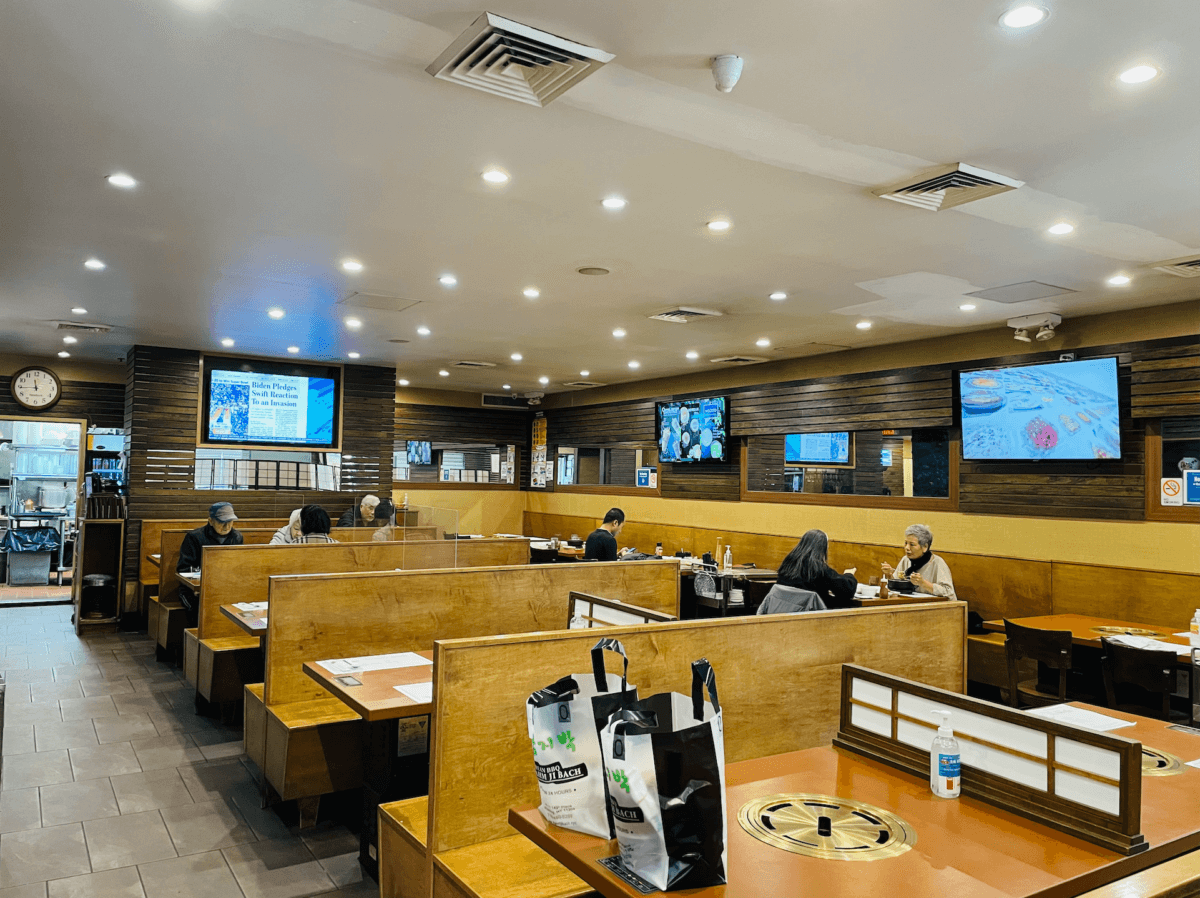
Lee also expressed the business owners’ frustration with the city’s outdoor dining guidelines.
“We had a permit to open outdoor dining, but in the beginning, different city departments came and told us to fix things and gave us violation tickets,” Lee said. “It was chaotic because the departments had different guidelines and there wasn’t one set guideline to follow. There were constant changes.”
A major concern for business owners along the block, Lee said, is the alternate side parking rules. Every Thursday and Friday between the hours of 11 a.m. to 12:30 p.m., sanitation trucks clean the roads, which are usually peak hours for businesses.
“We are trying to change that. I know the city needs to clean up the area, but we don’t want it to be cleaned during that time,” Lee said.
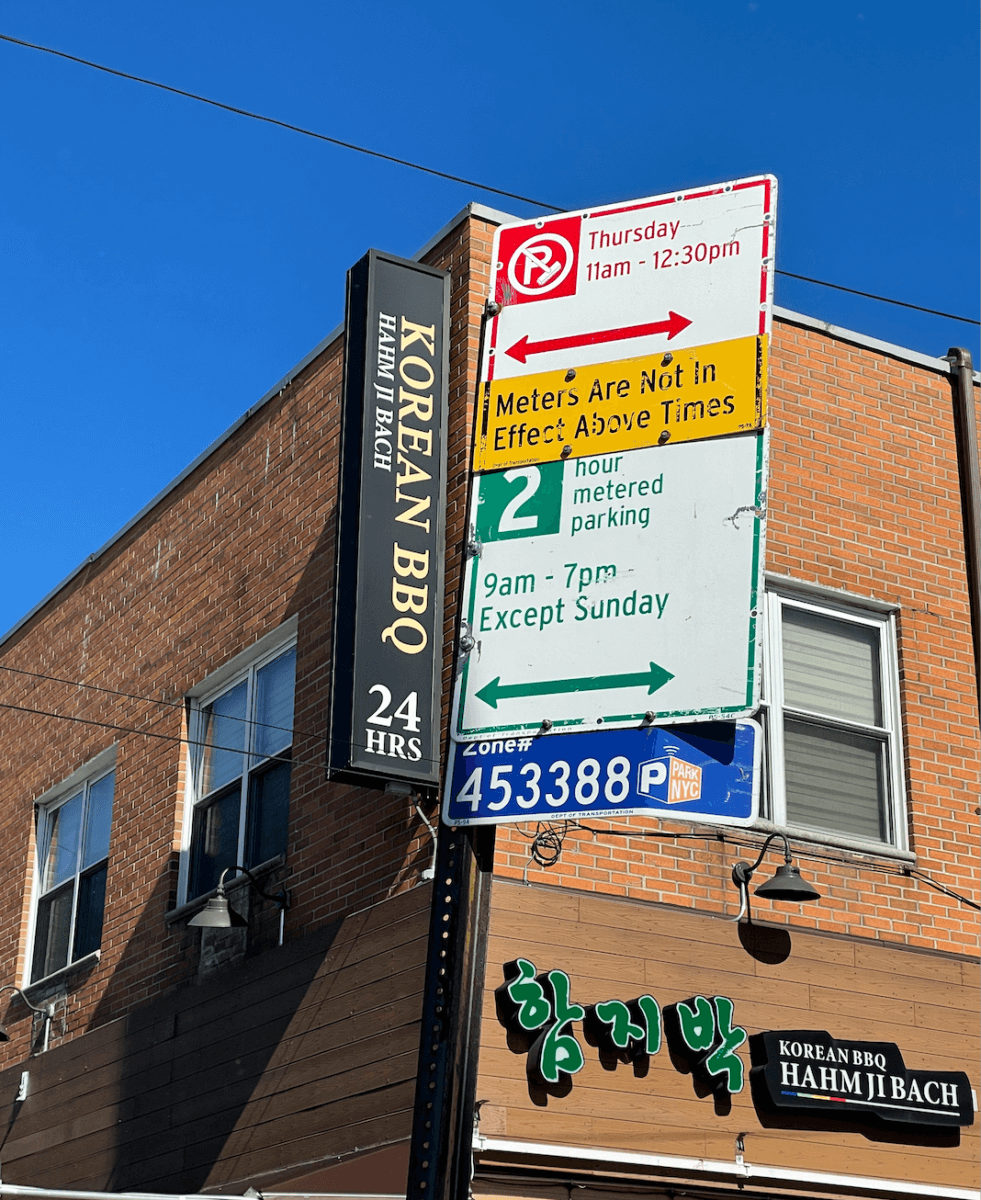
Across the street from the LIRR station, Lee envisions a municipal parking lot that can be constructed in the space above the train tracks where two bridges connect 149th Street and 149th Place.
“We do not have municipal parking and there’s a spot that the city can invest in to make money and we can do more business,” Lee said.
While outdoor dining has helped their businesses stay open, Lee said that a lack of parking discourages people from dining at the restaurant.
In regards to the language barrier that has been a challenge for business owners, Lee said they would prefer the city to have more people who speak the native language of an ethnic community.
According to Kim, the business owners located near the Murray Hill LIRR station are reliant on customers driving into the area. Other business owners have suggested reorienting the streets so smaller streets can go from two-way to one-way streets to allow for better traffic flow.
They would also like to see more pedestrian signs on certain roads where a few accidents have occurred.
AAF will conduct a consumer survey to find out what changes residents would like to see in the area and they would also like to hear from landlords as most buildings remain vacant, Kim said.
Following the assessment, SBS will create a report based on recommendations from the community and AAF will begin the process of implementing projects in those areas. In the second or third year, Kim said they’re hoping to focus more on revitalizing the Murray Hill station area and the 162nd Street corridor, which are least visited by customers.
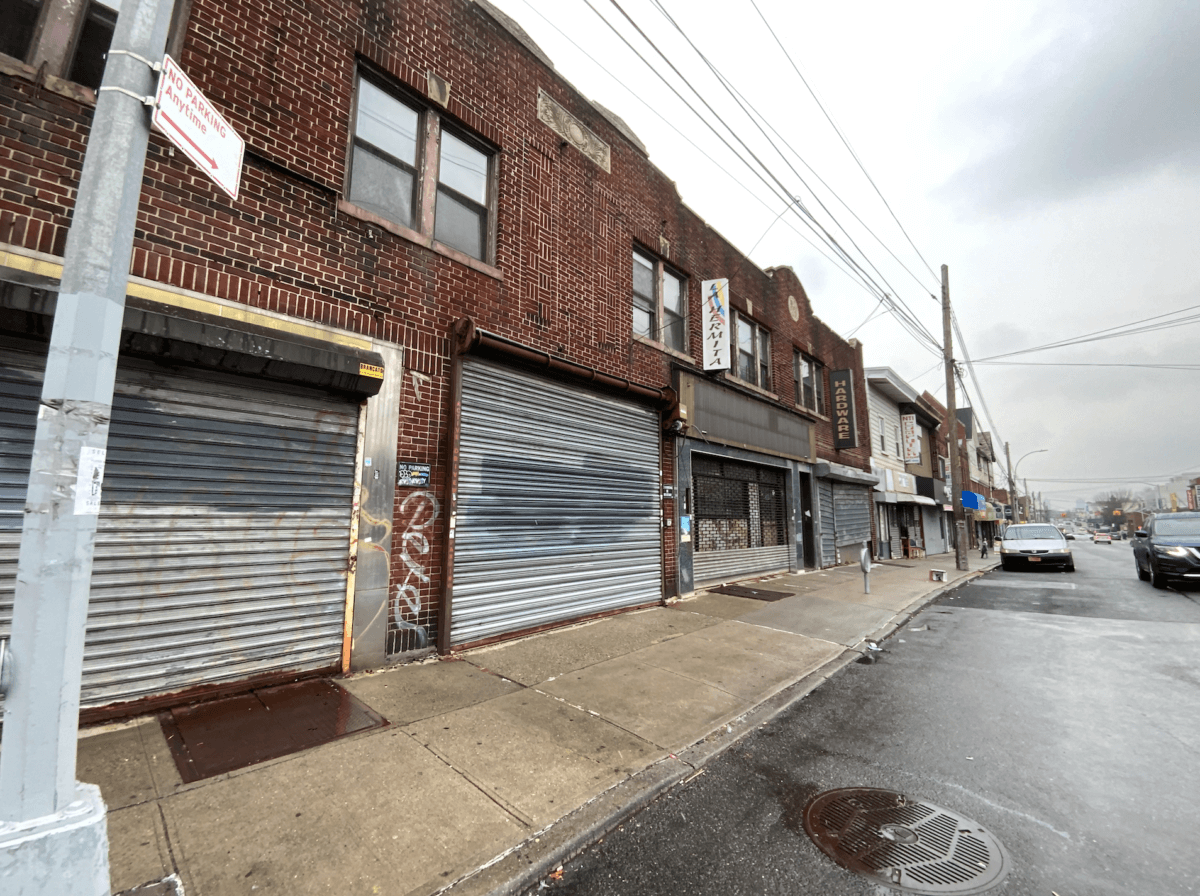
“The business nature is different from Northern Boulevard where businesses have more access to transportation, parking and tend to be more competitive in terms of accessing funding,” Kim said.
AAF is planning to host community events and invite individuals to discuss their concerns and connect them to the respective city agencies for assistance.
According to Kim, they’re hopeful that Asian communities such as Murray Hill, Flushing, Jackson Heights, Chinatown in Manhattan and Sunset Park in Brooklyn will recover from the pandemic, as people are gaining hope and strength.
“The other partner groups that have been selected for Avenue NYC this year are from Asian communities. It’s probably the most number of Asian communities that have been selected in one year, and I feel this is encouraging that the city heard the Asian community has been having a hard time and it leads to some assistance for small businesses across the city,” Kim said.

